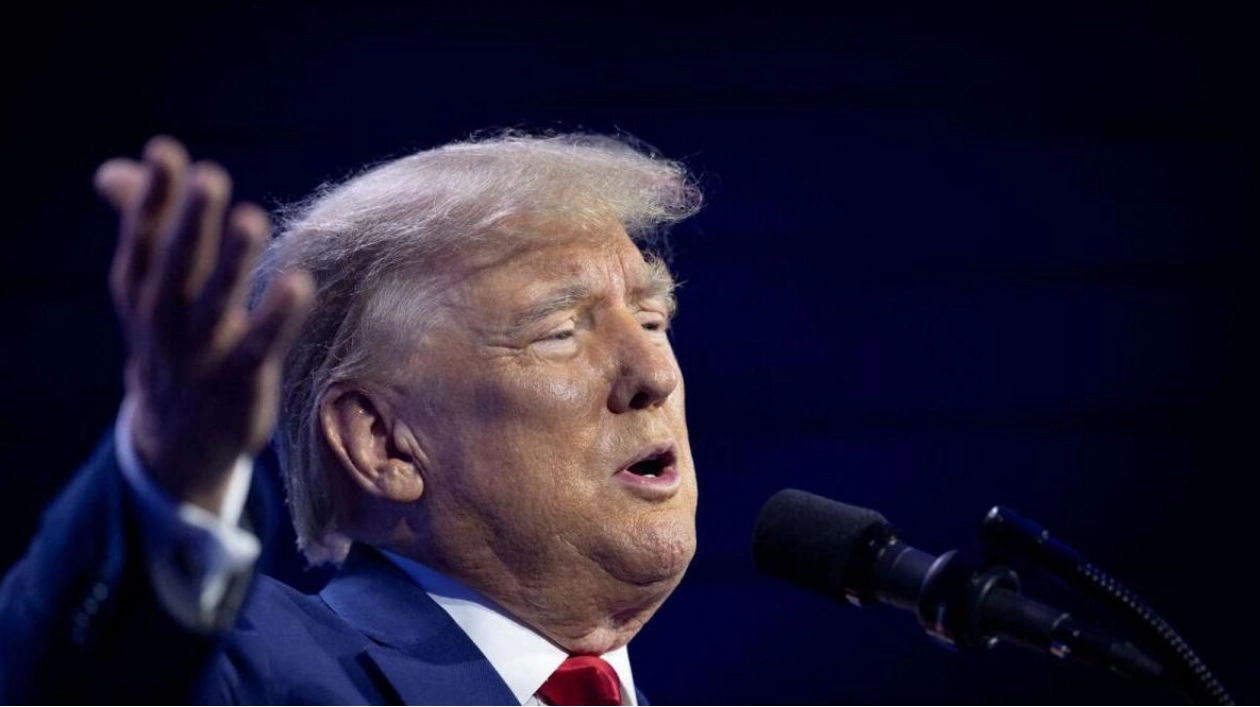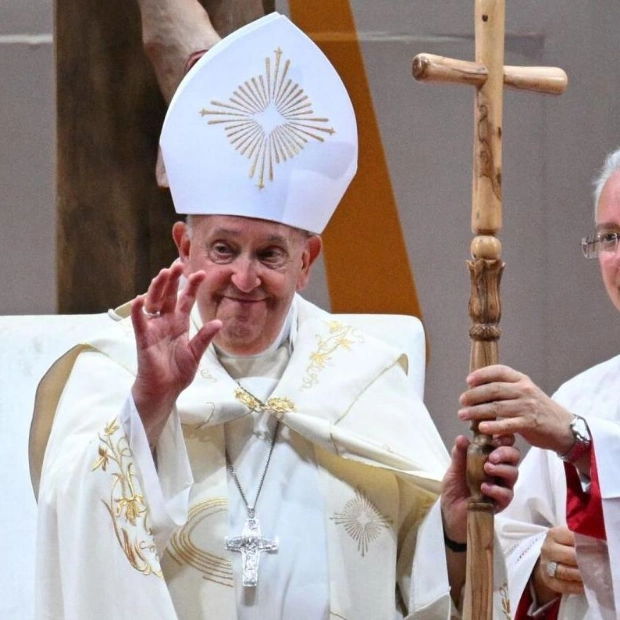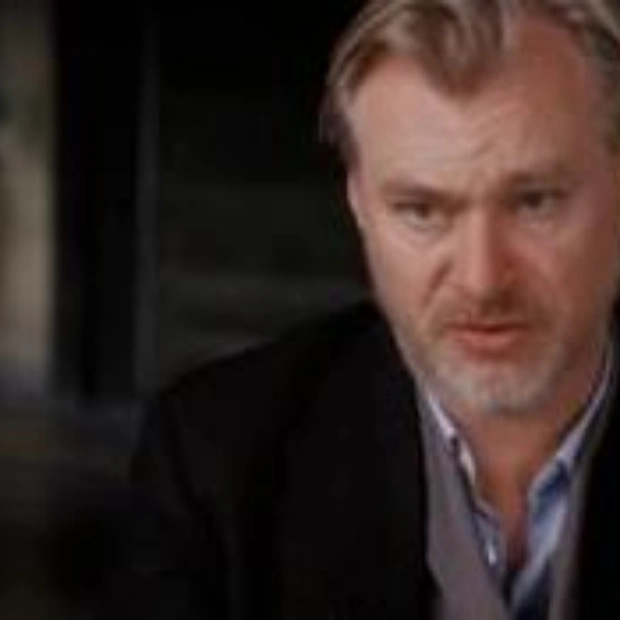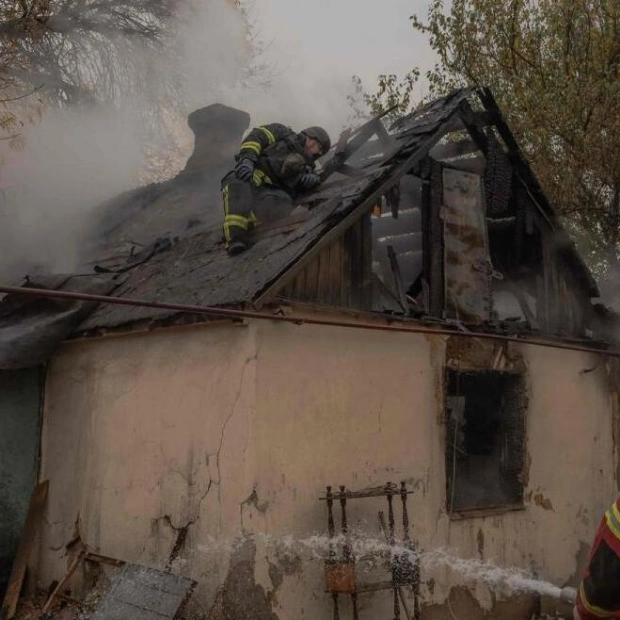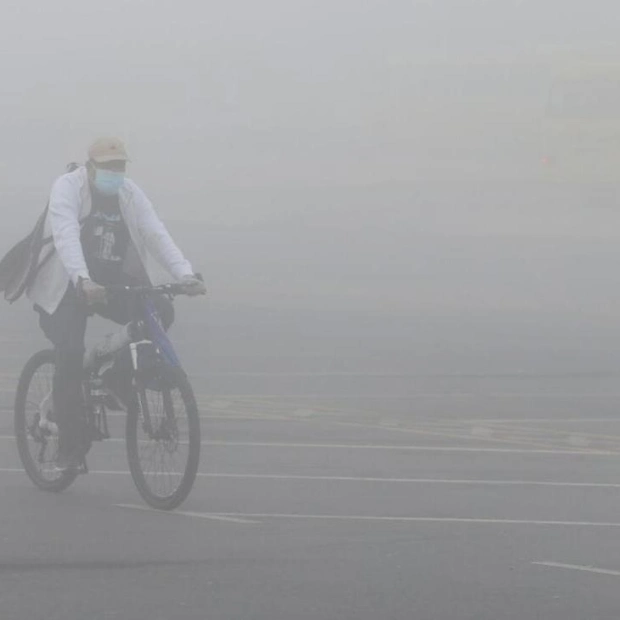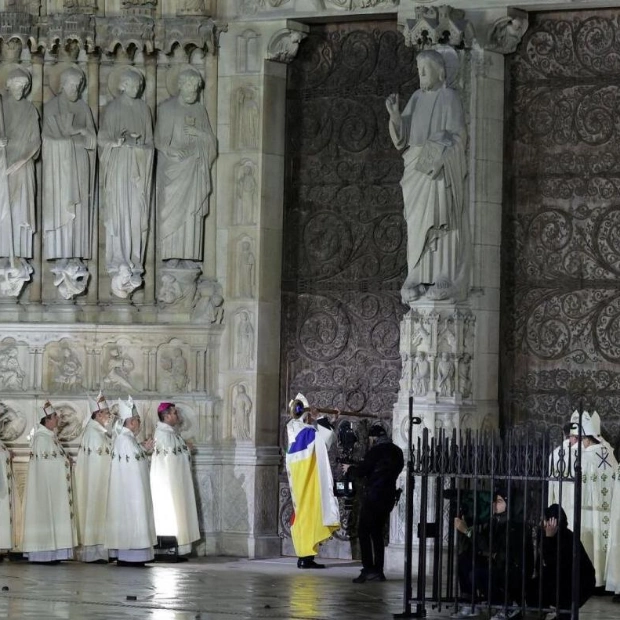Republican White House nominee Donald Trump attempted to mitigate the fallout from a significant backlash regarding his public shift away from conservative stances on reproductive rights on Friday. The former president has faced criticism from conservatives following his announcement that a second term would include free in vitro fertilization (IVF), a costly fertility treatment that many anti-abortion advocates wish to restrict.
This rift deepened as Trump criticized Florida's six-week abortion ban, deeming it overly restrictive, and hinted at supporting a ballot measure that would legalize abortion until fetal viability. Trump, aged 78, retracted his stance before a rally in Pennsylvania, stating to Fox News that he would vote 'no.' However, conservatives had already started to critique Trump's fluctuating positions on abortion, with the new Republican platform omitting calls for a national ban and Trump's recent assertion that his administration would be 'great' for reproductive rights.
The immediate backlash from anti-abortion groups was strong, with activists warning that Trump risks alienating his base. Evangelical theologian Albert Mohler commented that Trump's positions seemed 'almost calculated to alienate pro-life voters,' while conservative commentator Erick Erickson noted that Trump's stance on abortion 'will be a bridge too far for too many.' Trump's rally in Johnstown notably omitted any comments on reproductive rights, despite the significant IVF announcement the previous day.
The campaign of Democratic candidate Kamala Harris seized on the issue, with Mini Timmaraju of the Reproductive Freedom for All lobby group stating that 'the majority of Americans support abortion access, they support IVF, they support contraception.' She added that Trump 'has finally figured it out, and he'll do anything to distract from his abysmal, horrifying record on this issue.' Trump's stance on abortion has varied widely over the past 15 years, initially identifying as 'pro-choice' before advocating for 'some form of punishment' for women seeking the procedure. He has boasted about appointing Supreme Court justices who ended federal protections for abortion access in 2022 but has recently expressed concern that Republicans may be out of touch with the majority of voters on reproductive rights.
His IVF pledge was seen as an attempt to appeal to moderates but upset conservatives who opposed Barack Obama's Affordable Care Act due to their objection to taxpayer-funded health insurance. Nearly every Senate Republican voted against ensuring IVF access in June, including Trump's running mate JD Vance, and over half of the House Republican lawmakers have sponsored legislation that threatens its legality. Republicans are divided on fertility treatments like IVF, with some viewing them as beneficial to American families and others, who believe life begins at conception, opposing IVF due to the creation of multiple embryos.
Abortion rights activists are concerned that the Supreme Court's decision could threaten IVF, a fear exacerbated by a February ruling in Alabama that classified frozen embryos as people, causing several clinics to temporarily halt treatments. Despite these controversies potentially alienating Trump's most loyal supporters, attendees at the Johnstown rally showed no signs of wavering.
'It's not enough to make me not vote for him, no way, because he is pro-life,' said Lisa Davis, a 54-year-old retired office manager from Somerset. 'I know he wants to give some exceptions – and I think there should be.' 'Why should I pay with my tax dollars for a baby getting killed?' added retired nurse Rosemary Drzal, 69. Trump's fireside chat-style appearance at the conservative group Moms for Liberty later that day did not address the issue.
